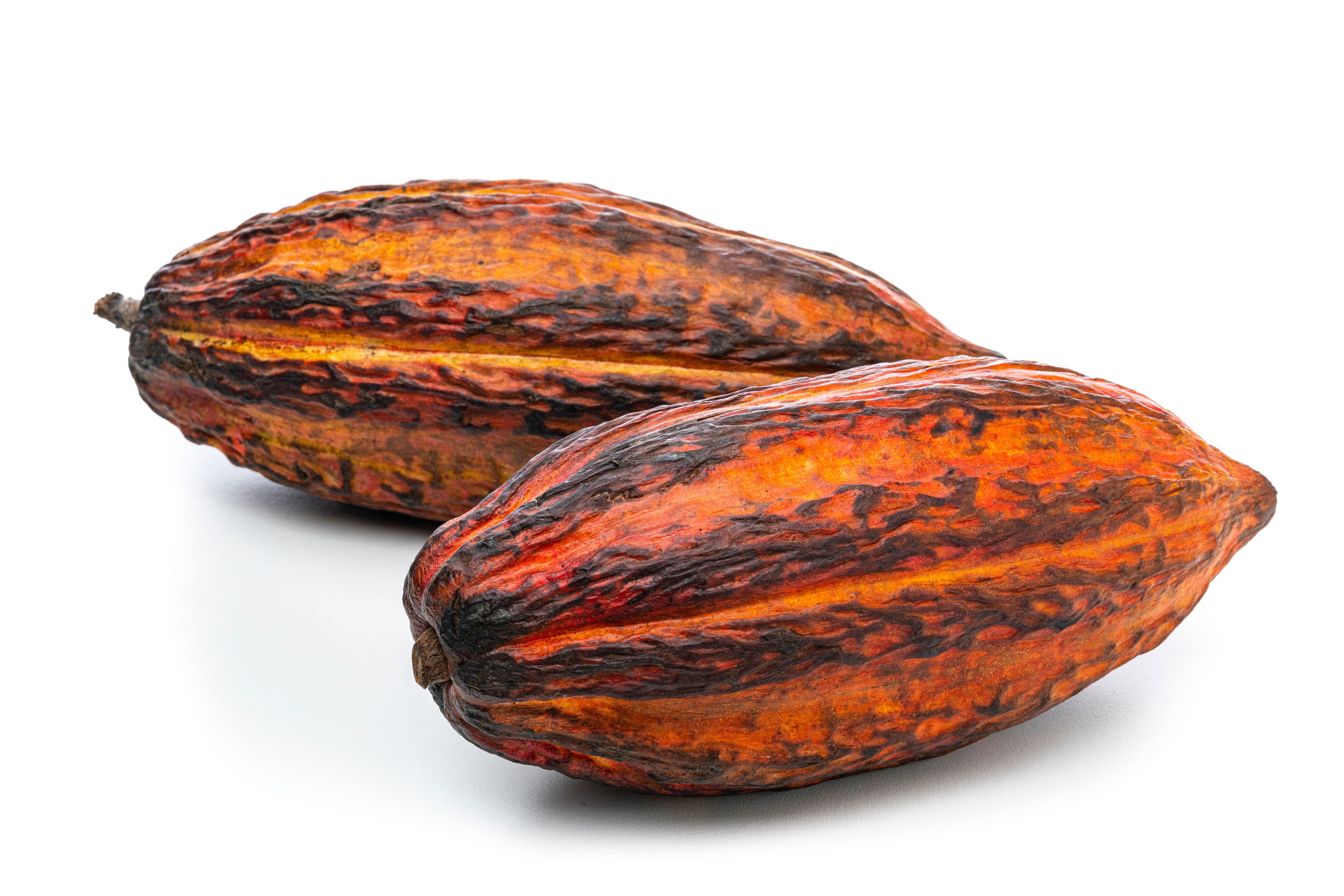Market Trends: The Future of Coffee, Sugar, and Cocoa
Coffee: A Growing Demand
Coffee remains one of the most popular beverages worldwide, with demand continuing to grow. The global coffee market is expected to expand as consumers increasingly seek high-quality and ethically sourced products. This trend is driven by a more informed consumer base that values sustainability and transparency in the supply chain. Many coffee producers are responding by adopting eco-friendly practices and obtaining certifications such as Fair Trade and Rainforest Alliance.
Moreover, the rise of specialty coffee shops and innovative brewing methods is reshaping the industry. Consumers are not just looking for a caffeine fix; they are also interested in unique flavors and experiences. As a result, there is a notable shift towards single-origin coffees and artisanal blends.

Innovation in Coffee Consumption
Innovation in coffee consumption extends beyond traditional hot brews. Cold brew and nitro coffee have gained popularity, particularly among younger audiences. Additionally, ready-to-drink coffee beverages are becoming a staple in convenience stores, offering quick and flavorful options for those on the go.
With the introduction of new technologies, such as app-based ordering and automated brewing systems, the coffee market is poised for further transformation. These advancements not only enhance customer experience but also increase operational efficiency for businesses.
Sugar: Health Trends and Alternatives
The sugar industry is undergoing significant changes as health trends continue to impact consumer behavior. With growing awareness of the health risks associated with excessive sugar consumption, many people are seeking alternatives. Natural sweeteners like stevia, honey, and agave have gained traction as healthier substitutes.

Additionally, food and beverage companies are reformulating products to reduce sugar content while maintaining taste. These changes are driven by both consumer demand and regulatory pressures in certain regions to curb sugar intake.
The Role of Technology in Sugar Production
Technological advancements are playing a crucial role in transforming the sugar industry. Precision agriculture and biotechnology are enhancing crop yields and reducing environmental impact. These innovations help meet the demand for sustainable production practices, ensuring that sugar remains a viable commodity in the future.
Cocoa: Ethical Sourcing and Market Dynamics
The cocoa industry faces unique challenges and opportunities in the coming years. Ethical sourcing remains a top priority as consumers become more conscious of the social and environmental impacts of cocoa production. Brands are increasingly committed to ensuring fair wages and safe working conditions for cocoa farmers.

Market dynamics are also shifting as emerging markets increase their consumption of chocolate products. This growth presents opportunities for cocoa producers to expand their reach, although it also underscores the need for sustainable practices to meet rising demand without compromising ethical standards.
Future Prospects for Cocoa Production
Looking ahead, the future of cocoa production will likely be shaped by technological innovations such as blockchain for supply chain transparency and advanced farming techniques to improve yields. These developments aim to balance economic growth with sustainability, ensuring that cocoa remains a key player in the global market.
